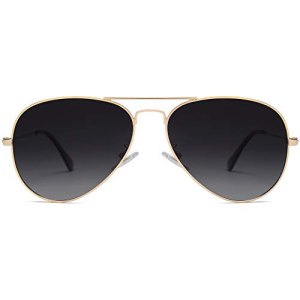
Getty (2)
Taylor Swift Exposed for Manipulating Her Fanbase in War Against Scooter Braun in New Documentary
The documentary Taylor Swift vs. Scooter Braun: Bad Blood shines a light on what the singer didn’t share with her fans amid the battle for her masters. The doc is split into two parts – “Scooter’s Version” and “Taylor’s Version” – with the former including claims that Taylor knew more about the sale of her masters than she let on. She is also accused of manipulating her fanbase to turn on Scooter for her own gain.
The information in the documentary was all public knowledge prior to its release. The filmmakers pointed out that Taylor, 34, was fully aware that her masters would be sold along with the rest of the Big Machine catalog, which she has previously acknowledged. However, while Taylor has insisted that she did not know her longtime nemesis Scooter, 43, was the person making the $330 million purchase, the documentary claims she must have known about which parties were involved because her father, Scott Swift, was a minority shareholder in Big Machine Records. He made $15.1 million when the company was sold to Scooter.
The documentary also slammed the Grammy winner for claiming she was “silenced” amid the drama, pointing out that Taylor never received a “gag order” and was beholden to the same standard NDA as Scooter.
In 2020, Scooter sold Taylor’s catalog just over one year after purchasing it. Before making the sale, Taylor was in negotiations with the former music manager to buy back the masters herself, but decided not to go through with it. As she wrote at the time, “Scooter’s team wanted me to sign an ironclad NDA stating I would never say another word about Scooter Braun unless it was positive, before we could even look at the financial records of BMLG (which is always the first step in a purchase of this nature). So, I would have to sign a document that would silence me before I could even have a chance to bid on my own work.”
As this feud has escalated over the years, Scooter has reiterated multiple times that his family has received scary death threats from Taylor’s fans. The “Fortnight” singer was called out in the documentary for not reeling in her fanbase amid their incessant online bullying.
In response to the information reiterated in the doc, Taylor’s team said, “None of these men will ever be able to take anything away from Taylor’s legacy as a songwriter, singer, director, philanthropist and advocate for artists’ rights. Taylor has completely moved on from this saga, and has turned what started out as an extremely painful situation into one of the most fulfilling endeavors of her life.”
Taylor had recorded six albums on Big Machine when her masters were sold in 2019. At the time, she explained that she wanted to buy back the music herself, but was told she did not have the option to purchase the masters for a monetary value like Scooter did. Instead, label head Scott Borchetta asked her to record six new albums on Big Machine – one for each of the records she had already released – to earn back the rights to the six pieces of art she had previously created.
“I walked away because I knew once I signed that contract, Scott Borchetta would sell the label, thereby selling me and my future,” she explained. “I had to make the excruciating choice to leave behind my past.”
Taylor went on to sign a new record deal with Universal Music Group and has since released five new albums. Amid the controversy, she’s also been rerecording her first six albums to release new versions that she actually owns. So far, she has released rerecordings of Fearless, Red, Speak Now and 1989, with fans still eagerly waiting for the new versions of Reputation and Taylor Swift (debut).
Have a tip? Send it to us! Email In Touch at contact@intouchweekly.com.







































